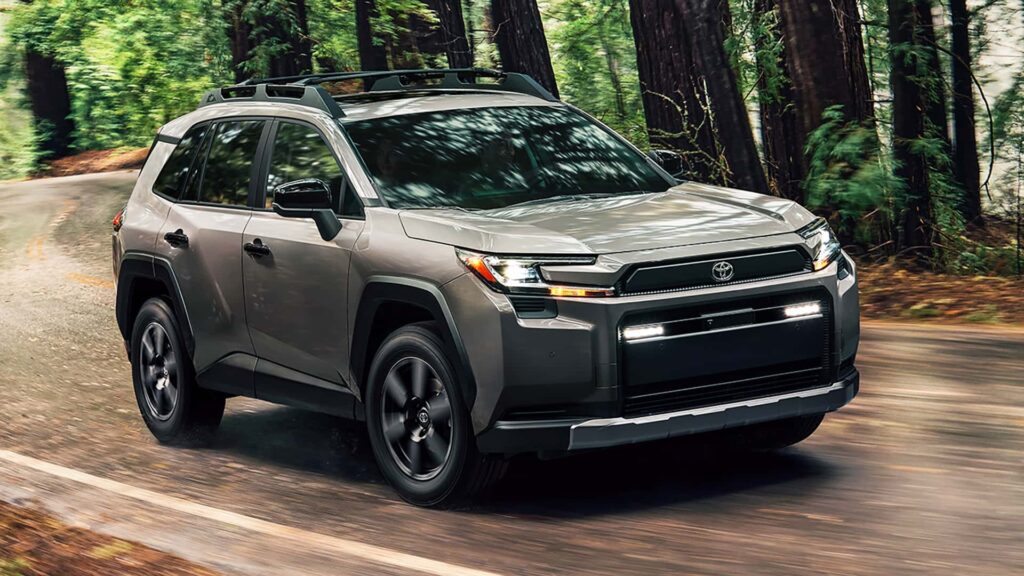The automotive industry is facing a significant shift as automakers adjust their strategies in response to changing market conditions. The transition to electric vehicles (EVs) is proving to be slower than anticipated, leading many companies to refocus on hybrid vehicles instead. According to analysts at Bank of America, carmakers are planning to launch 58 hybrids in the U.S. over the next few years, signaling a renewed emphasis on partially electrified vehicles.
In a recent report titled “Car Wars,” Bank of America highlighted the challenges facing automakers as they navigate a volatile landscape. Tariffs, shifting federal priorities, and a slowdown in EV demand have all contributed to the uncertainty plaguing the industry. As a result, companies are reevaluating their product plans and placing greater emphasis on hybrids.
The report predicts that hybrids will account for a larger share of new vehicle launches in the coming years, with 28% of models introduced between 2026 and 2029 expected to be hybrids. In contrast, the share of EV launches is projected to decrease to 34%, down from 40% in the previous year. This shift reflects consumer preferences for more efficient vehicles that do not require charging, making hybrids an attractive option.
One of the key drivers behind this trend is consumer sentiment. While EVs have gained traction among early adopters, reaching mainstream consumers has proven to be challenging. Hybrids, on the other hand, offer a familiar and cost-effective alternative that appeals to a broader audience. As a result, automakers are ramping up their hybrid offerings to meet growing demand.
Policy changes, including looser environmental regulations and the potential elimination of EV incentives, are also influencing automakers’ decisions. With hybrids offering a balance between fuel efficiency and convenience, manufacturers are doubling down on these models to cater to market preferences. However, critics point out that hybrids are not as environmentally friendly as EVs, raising concerns about their long-term sustainability.
Several automakers are leading the charge in the hybrid space, with General Motors, Stellantis, Hyundai Motor Group, and Toyota all expected to launch multiple hybrid models in the coming years. This push towards hybrids is projected to drive significant sales growth, with an estimated 3.4 million hybrid cars sold in the U.S. by 2028, capturing a 20% market share.
Overall, the shift towards hybrids represents a strategic pivot for automakers as they navigate a rapidly evolving landscape. By diversifying their product offerings and adapting to changing consumer preferences, companies are positioning themselves for success in a market that is increasingly focused on sustainability and efficiency.

